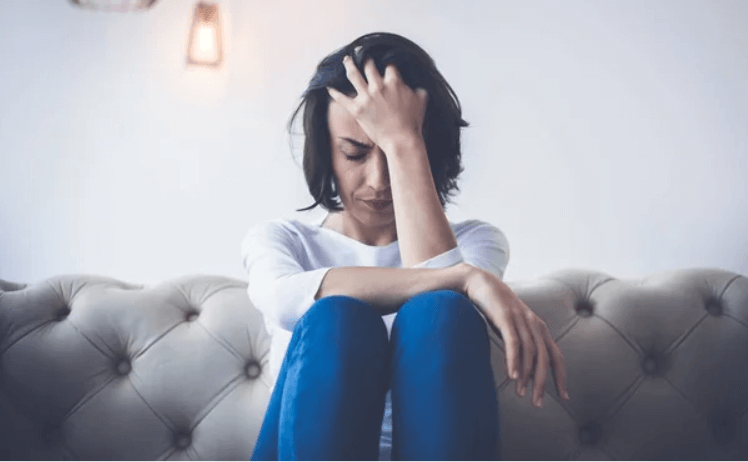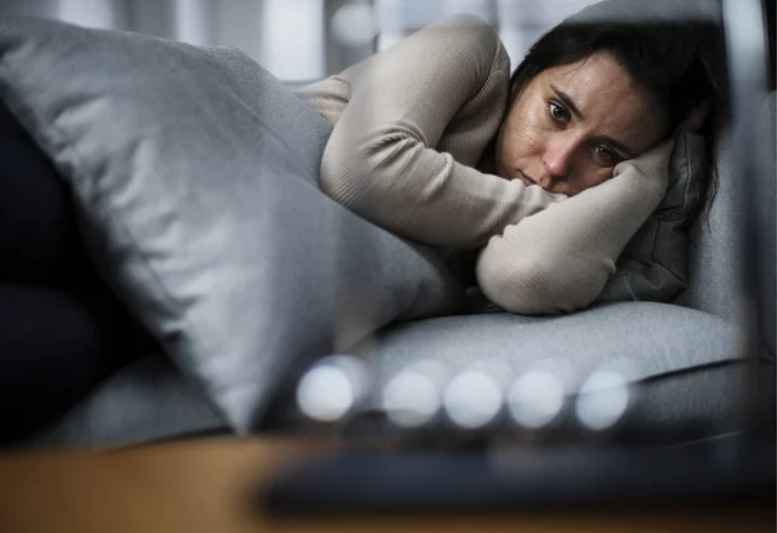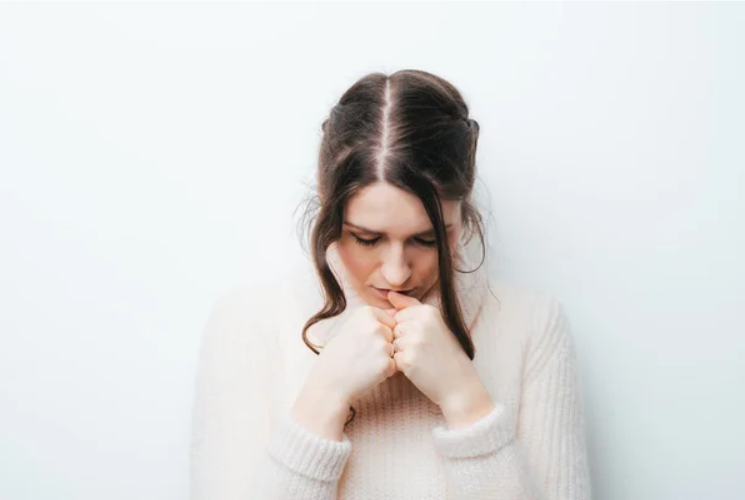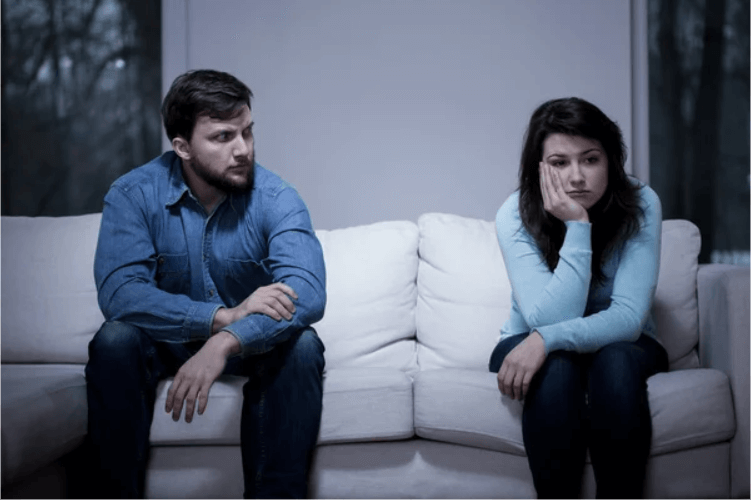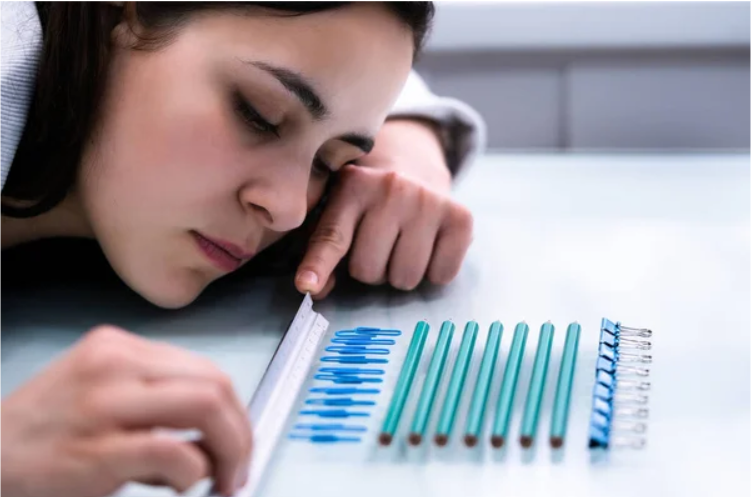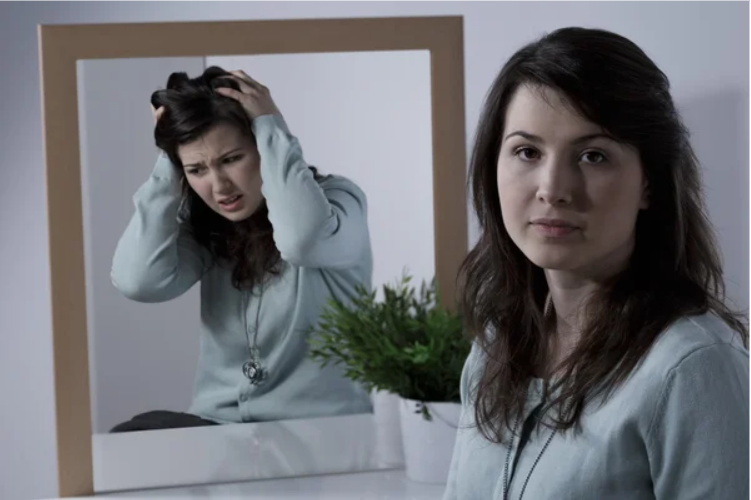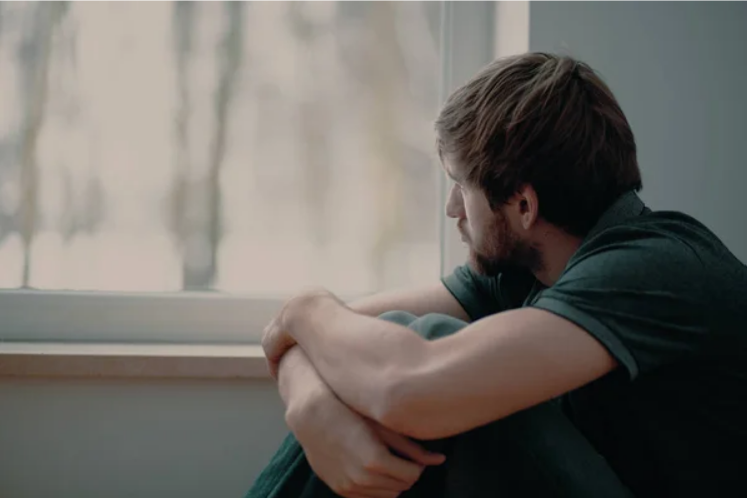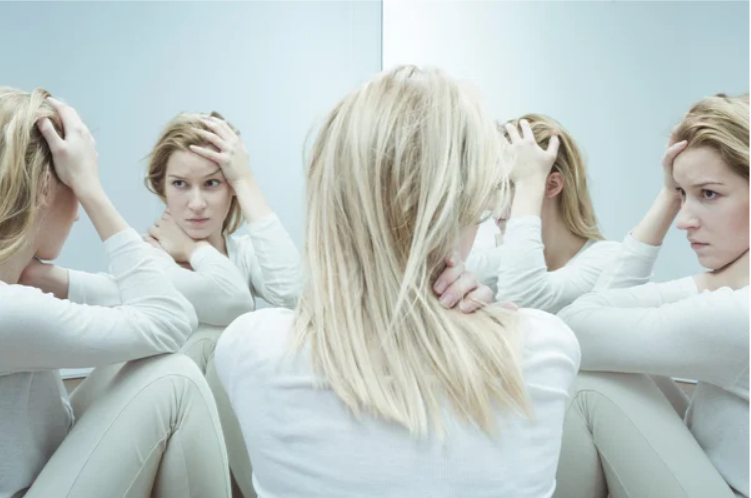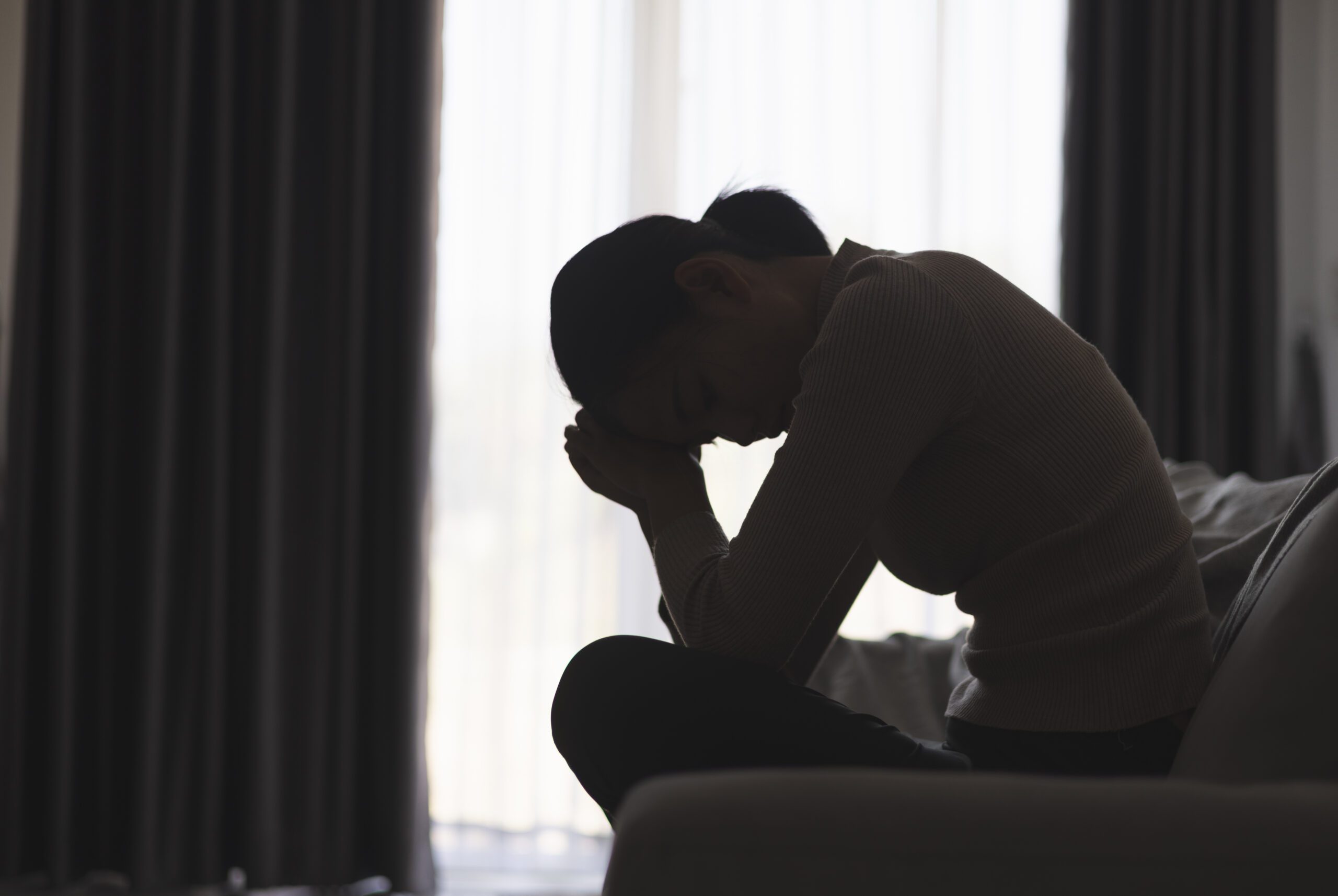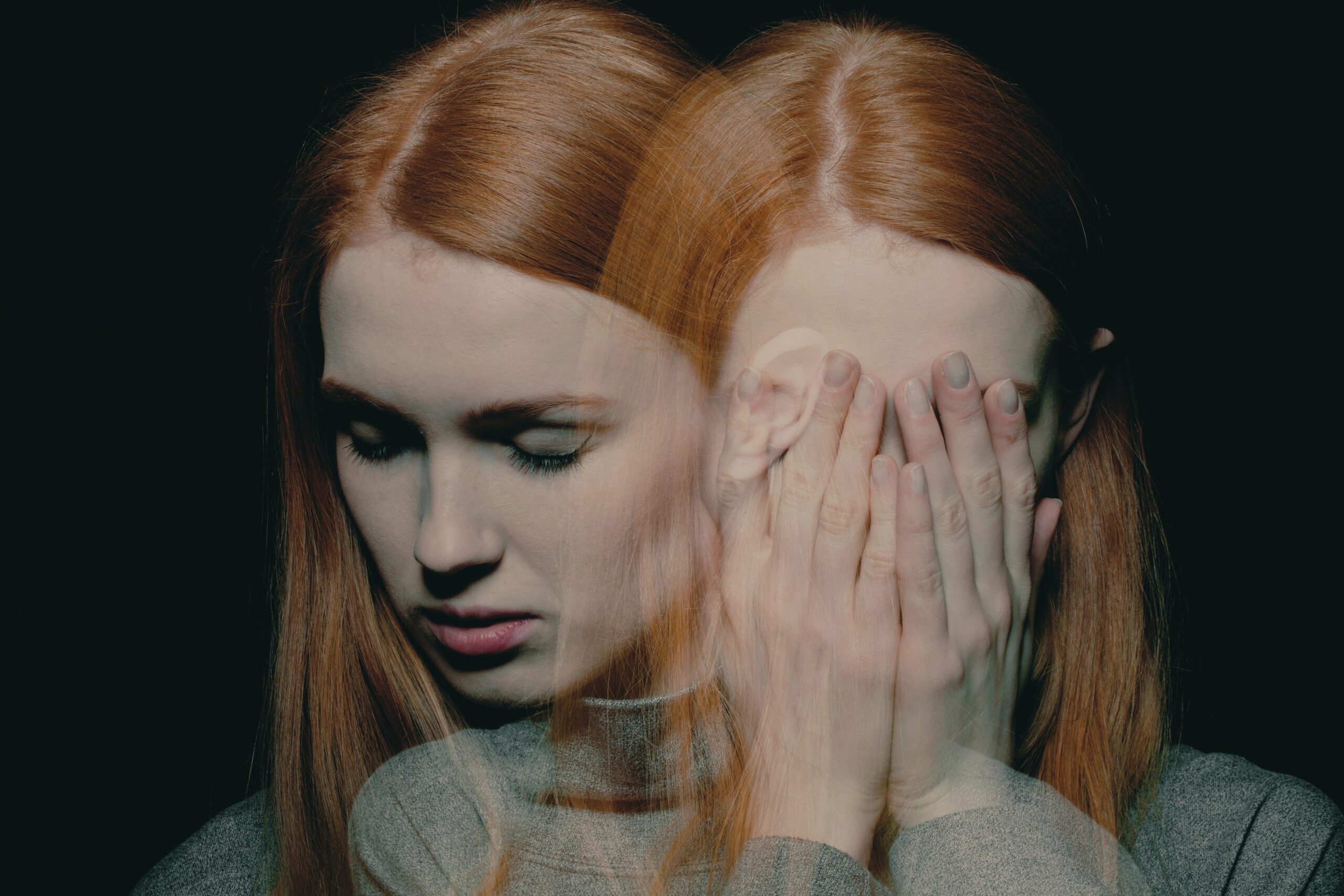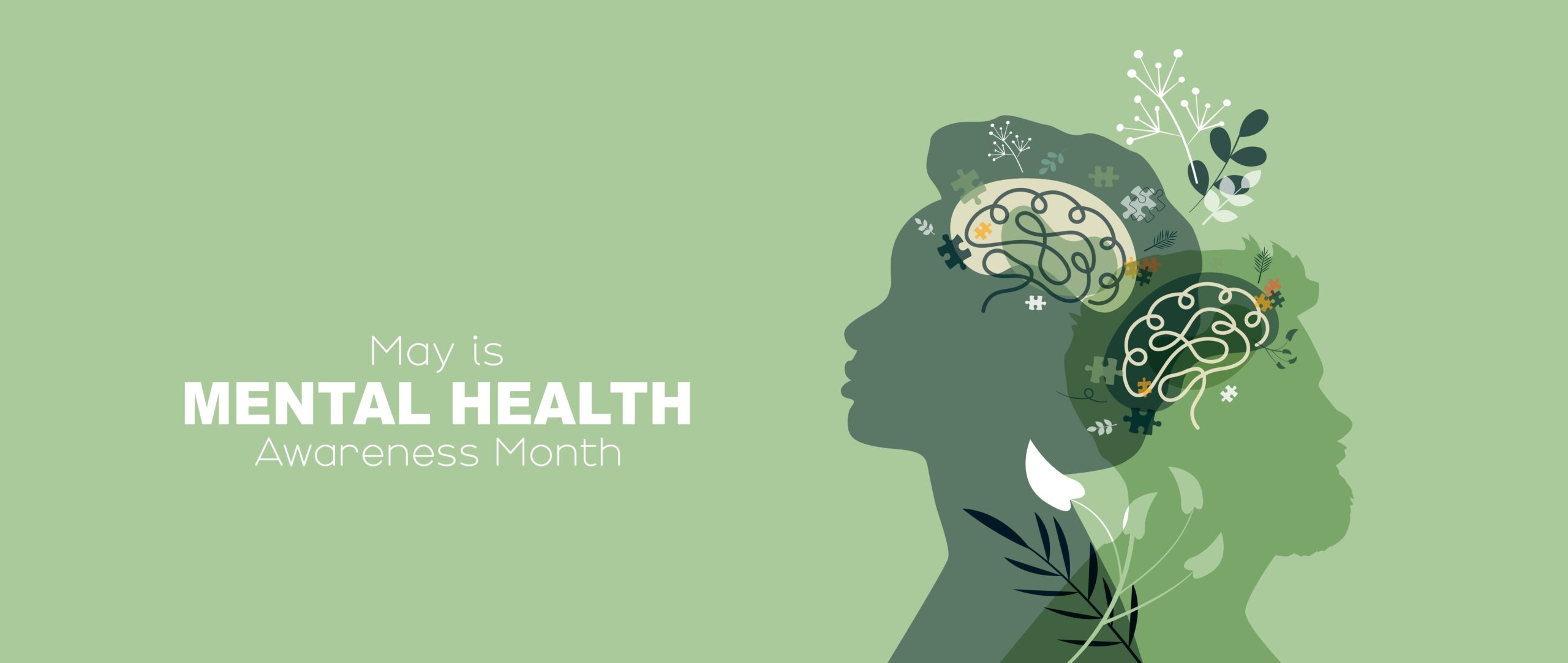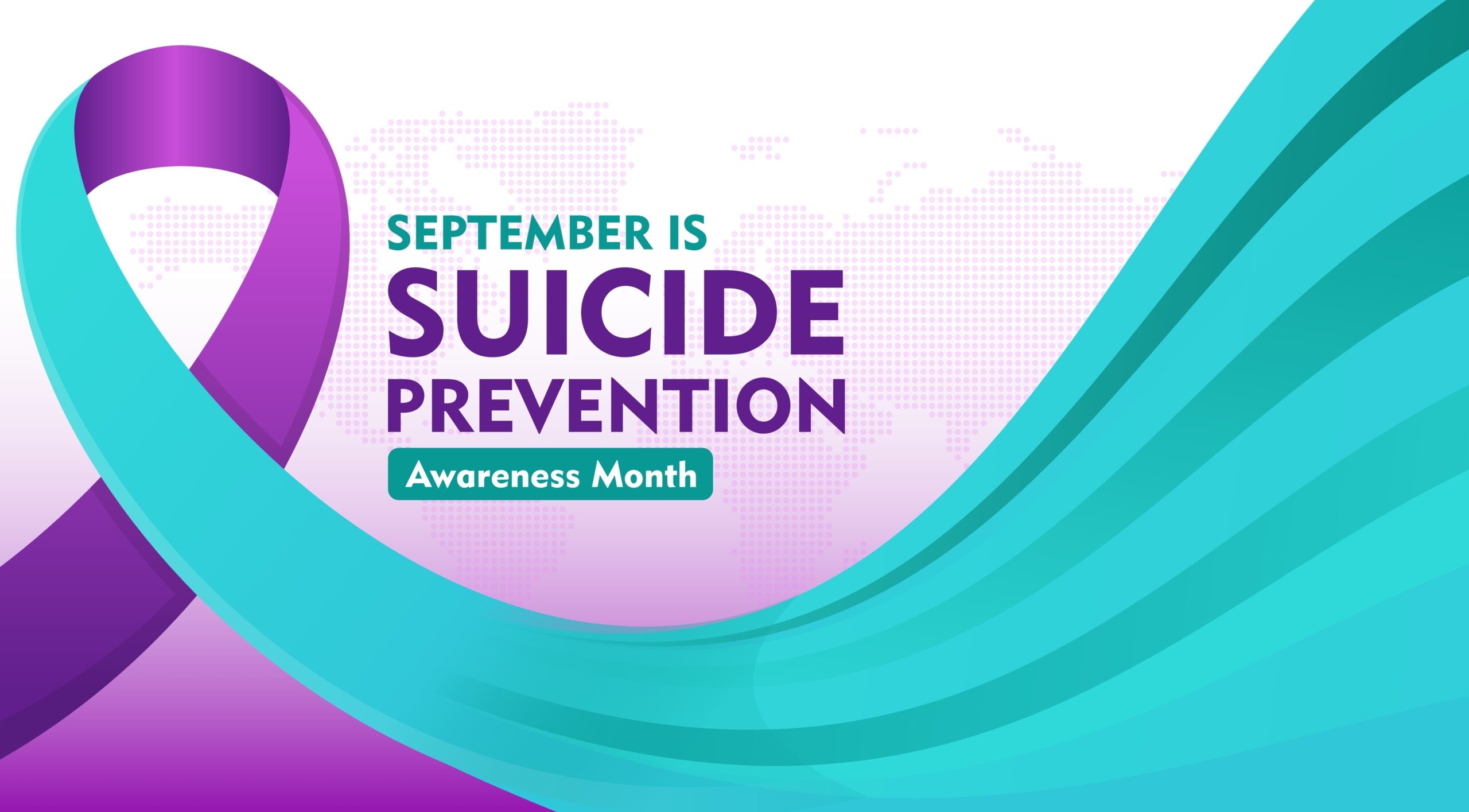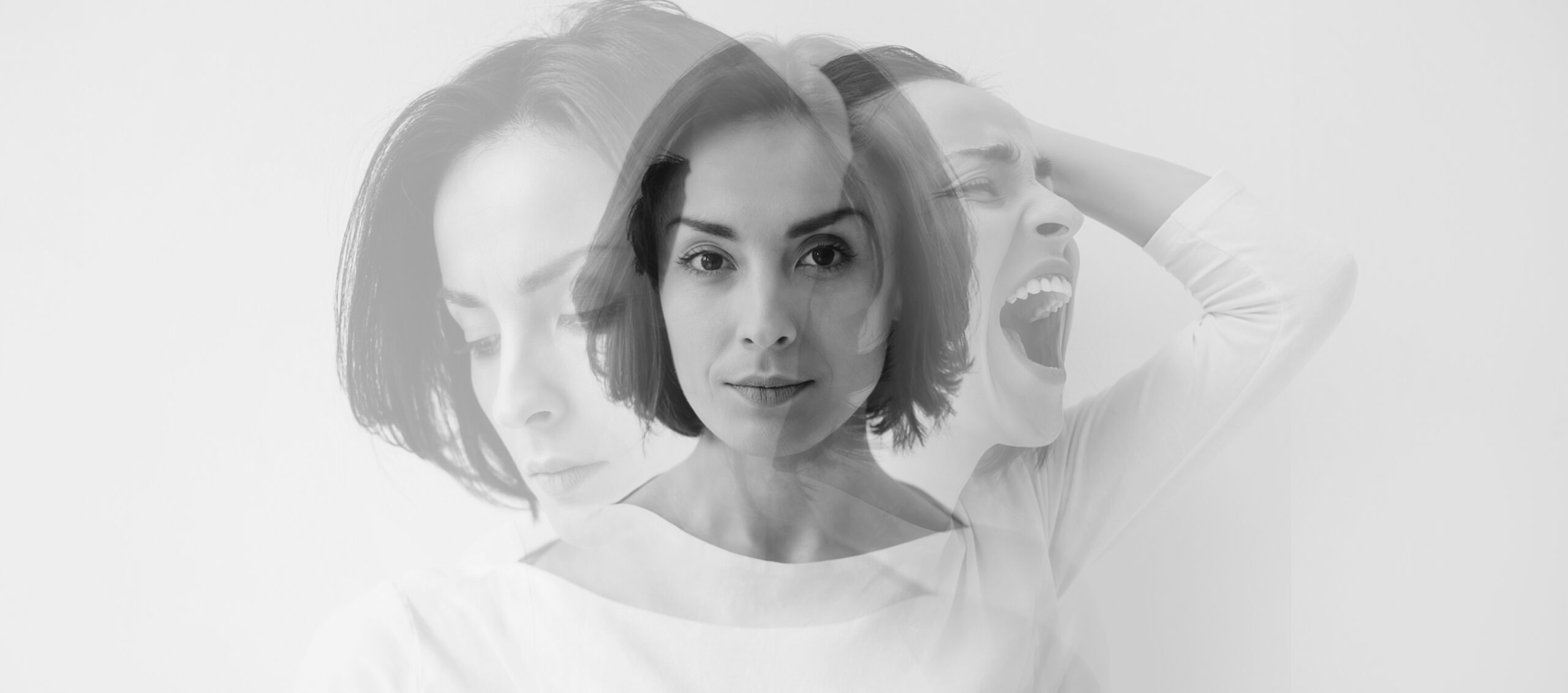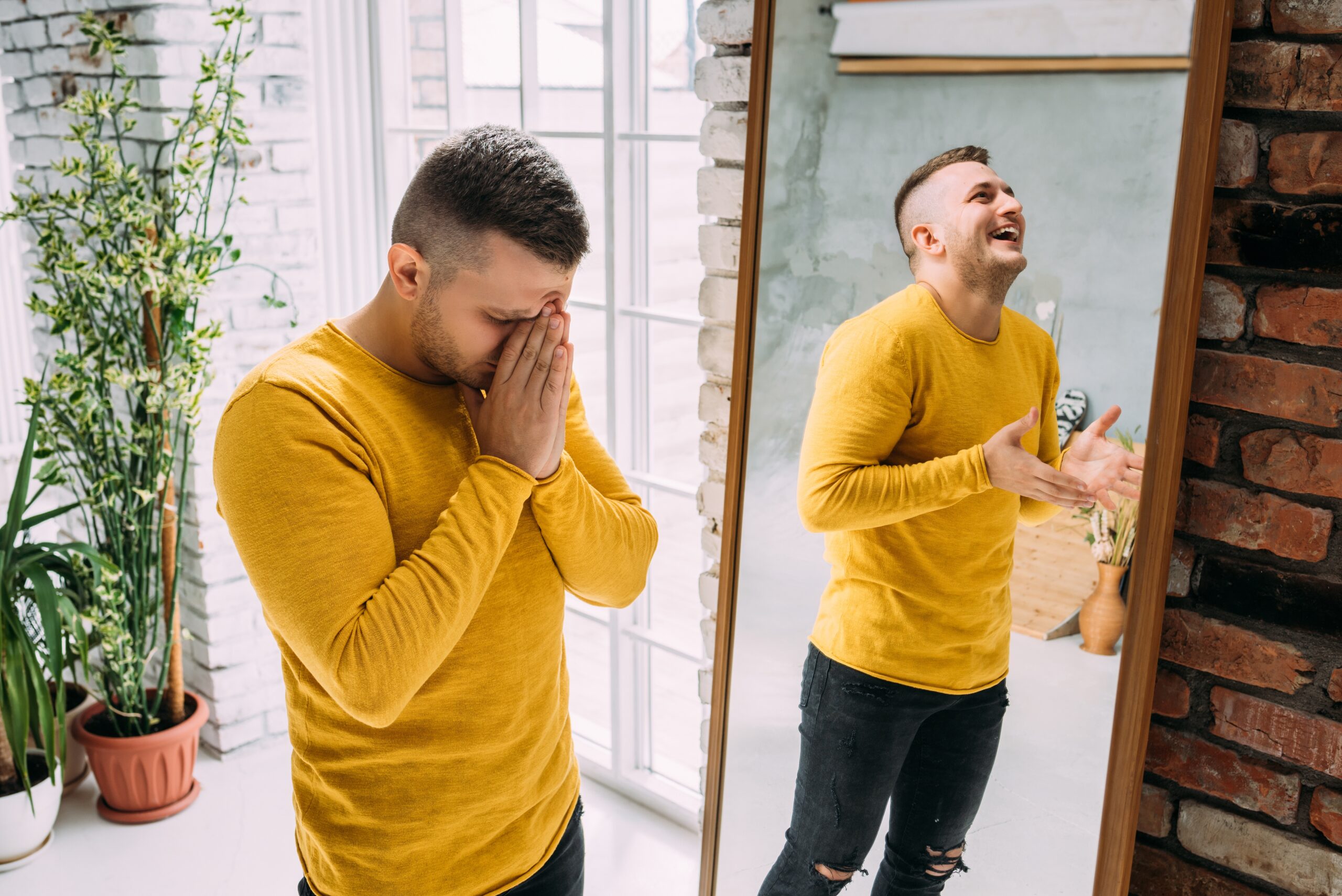It’s a feeling many of us know. A day, or maybe a few days, where the world seems a little grayer, motivation is hard to find, and a sense of sadness settles in. For most, these feelings are fleeting, a temporary response to a tough week or a disappointing event.
But what happens when that grayness doesn’t lift? What if it deepens, stretching from days into weeks, affecting your ability to work, sleep, eat, and connect with the people you love? This is the reality of a depression disorder, a serious and complex medical condition that goes far beyond simple sadness. It’s a persistent weight that can feel isolating and overwhelming, leaving you to wonder if the light will ever break through the clouds.
At Aspire Recovery Center of Frisco, we understand this struggle intimately. We’ve walked alongside countless individuals as they navigate the challenging path of mental health. We believe that knowledge is the first step toward healing. Understanding that depression is not a single, monolithic illness is crucial. There are many different types of depression, each with its own unique set of symptoms, patterns, and triggers. Recognizing these distinctions is vital for finding the most effective path to recovery.
Let’s explore the most common types of depression disorders, identify their shared signs and symptoms, and show you how professional mental health treatment can help you reclaim your life. Your journey toward hope and healing starts here, with understanding and support.
What Is a Depression Disorder? | More Than Just Sadness
Before we explore the various types of depression, it’s important to establish a clear understanding of what a clinical depression disorder truly is. In our daily language, we often use the word “depressed” to describe feeling down or unhappy. While these feelings are valid human emotions, clinical depression is a mood disorder characterized by a persistent feeling of sadness or a loss of interest that fundamentally affects how you feel, think, and behave. It can lead to a variety of emotional and physical problems and decrease your ability to function at work and at home.
Imagine trying to run a race with weights strapped to your ankles. You see the finish line, you know you want to get there, but every step requires monumental effort. That’s what living with depression can feel like. It’s not a weakness or something you can simply “snap out of.” It’s a legitimate health condition with biological, psychological, and social factors at its core. Research suggests that a combination of genetics, brain chemistry, hormonal changes, and stressful life events can contribute to its onset.
Understanding this medical foundation is critical because it removes the stigma and opens the door to effective, evidence-based mental health treatment, just like you would seek for any other chronic illness like diabetes or heart disease. The first step to getting the right help is to recognize the problem is real and treatable.
Understanding the Different Types of Depression
One of the most significant challenges in addressing depression is that it doesn’t look the same for everyone. The experience is highly individual, which is why experts have identified several different types of depression to better diagnose and treat the condition. Knowing which of the types of depression disorders you or a loved one might be experiencing is key to developing a targeted and effective treatment plan. Think of it like this: a doctor wouldn’t prescribe the same medicine for every type of infection. Similarly, the approach to managing one type of depression might differ from another. Let’s explore some of the most common forms.
Major Depressive Disorder (MDD)
When most people think of classic depression, they are often picturing Major Depressive Disorder. MDD is characterized by experiencing a depressive episode that lasts for at least two weeks. This isn’t just a bad mood; it’s a pervasive shift in your entire state of being. To be diagnosed with MDD, a person must experience at least five of the core symptoms, with at least one being a depressed mood or a loss of interest or pleasure (anhedonia).
Imagine Sarah, a successful graphic designer who once loved her job. For the past month, she’s found it impossible to get out of bed. The projects that once excited her now feel like insurmountable mountains. She’s stopped talking to her friends, finds no joy in her favorite hobbies, and struggles with feelings of worthlessness and guilt over missed deadlines. This profound and incapacitating sadness is a hallmark of MDD. This is one of the most common types of depression disorders and one that we frequently support clients with at our mental health clinic.
Persistent Depressive Disorder (PDD) | Dysthymia
While MDD is defined by its intense episodes, Persistent Depressive Disorder, formerly known as dysthymia, is characterized by its chronicity. PDD is a form of depression where a low mood occurs for most of the day, for more days than not, for at least two years. The symptoms are often less severe than those of MDD, but their relentless, long-term nature can be just as debilitating, if not more so.
Consider David, a teacher who friends describe as “always a bit gloomy.” For as long as he can remember, he’s had low energy, poor self-esteem, and a general feeling that nothing is ever quite right. He functions — he goes to work, pays his bills — but he feels like he’s living life in black and white while everyone else sees color. People with PDD might not even realize they have a treatable condition; they might just think this chronic melancholy is part of their personality. A licensed mental health counselor can help distinguish between personality and a chronic depression disorder.
Bipolar Disorder
Although bipolar disorder is technically in its own category of mood disorders, it is critical to discuss here because it involves episodes of severe depression. The defining feature of bipolar disorder is the experience of mood swings that range from depressive lows to manic or hypomanic highs. During a depressive episode, a person with bipolar disorder will experience the same symptoms as someone with MDD. However, their treatment plan must be different. Prescribing a standard antidepressant to someone with bipolar disorder without a mood stabilizer can potentially trigger a manic episode, which can be dangerous.
This is why a thorough diagnosis at a professional mental health clinic is so important. Distinguishing between unipolar depression (like MDD) and bipolar depression is one of the most critical steps a licensed mental health counselor takes in creating a safe and effective mental health treatment plan.
Seasonal Affective Disorder (SAD)
Have you ever noticed your mood dipping as the days get shorter and darker in the fall and winter? For some, this is more than just the “winter blues”; it’s a specific type of depression known as Seasonal Affective Disorder. SAD is characterized by the onset of depressive symptoms at a particular time of the year, most commonly in the winter, and full remission during the rest of the year. Symptoms often include low energy, oversleeping, overeating (especially craving carbohydrates), and social withdrawal. While the exact cause is unknown, it’s thought to be related to the reduction in natural sunlight, which can disrupt our internal body clock and affect serotonin levels, a neurotransmitter that influences mood.
Postpartum Depression (PPD)
The birth of a child is often portrayed as a joyous time, but for many new mothers, it can trigger a serious depression disorder. Postpartum depression is not the same as the “baby blues,” which involves milder mood swings and anxiety that typically fade within two weeks of delivery. PPD is a form of major depression that is more intense and lasts longer. A mother with PPD may experience severe mood swings, intense irritability and anger, overwhelming fatigue, and difficulty bonding with her baby. These feelings are often accompanied by intense guilt, which can make it incredibly difficult for women to seek help. This condition requires compassionate and specialized mental health treatment.
There are many other types of depression disorders, including Psychotic Depression (depression accompanied by psychosis), Premenstrual Dysphoric Disorder (PMDD), and Atypical Depression. Each has its own nuances, and this incredible variety highlights why a one-size-fits-all approach to treatment is ineffective. The journey to wellness begins with a proper diagnosis from a qualified professional who can identify the specific type of depression at play.
Recognizing the Signs and Symptoms of a Depression Disorder
Regardless of the specific type, many depression disorders share a common set of signs and symptoms. Recognizing them in yourself or a loved one is the first and most courageous step toward seeking help. These symptoms can be grouped into several categories, impacting every facet of a person’s life.
Emotional Symptoms:
- Persistent sadness, anxiety, or an “empty” feeling
- Feelings of hopelessness or pessimism
- Feelings of guilt, worthlessness, or helplessness
- Loss of interest or pleasure in hobbies and activities (anhedonia)
- Irritability, frustration, or restlessness
Physical Symptoms:
- Fatigue and decreased energy
- Changes in sleep patterns (insomnia, waking early, or oversleeping)
- Changes in appetite or weight (significant loss or gain)
- Unexplained physical problems, such as headaches or back pain
- Slowed movements or speech
Cognitive Symptoms:
- Difficulty concentrating, remembering details, or making decisions
- Negative or distorted thinking patterns
- Thoughts of death or suicide
It’s important to remember that not everyone will experience every symptom. Some people might struggle more with physical symptoms, leading them to believe they have a physical illness, while others are primarily plagued by emotional turmoil. If these symptoms persist for more than two weeks and represent a change from your previous level of functioning, it is time to consult a professional. Many excellent mental health treatment centers are equipped to provide a comprehensive evaluation.
How a Licensed Mental Health Counselor Can Help Manage Depression
Navigating the complexities of a depression disorder alone can feel impossible. This is where a licensed mental health counselor becomes an essential guide and ally on your path to recovery. These professionals are trained to diagnose the specific types of depression and develop personalized mental health treatment plans tailored to your unique needs and circumstances.
The therapeutic process often begins with a comprehensive assessment. A counselor will talk with you about your symptoms, your history, your lifestyle, and your goals. This conversation is the foundation for a trusting therapeutic relationship. From there, they may employ several evidence-based approaches:
- Cognitive-Behavioral Therapy (CBT): This type of therapy helps you identify and challenge negative thought patterns and behaviors that contribute to depression. For example, a counselor can help you reframe thoughts of worthlessness into more realistic and compassionate self-perceptions.
- Dialectical Behavior Therapy (DBT): While often used for other conditions, DBT skills can be incredibly effective for managing the intense emotions associated with depression. It teaches skills in mindfulness, distress tolerance, and emotional regulation.
- Interpersonal Therapy (IPT): This therapy focuses on improving your relationships and social functioning, as interpersonal conflicts and a lack of social support can be major contributors to depression.
A licensed mental health counselor does more than just talk; they provide you with tangible tools and coping strategies to manage your symptoms day-to-day. They create a safe, non-judgmental space where you can explore the roots of your pain and build the resilience needed for long-term wellness. Finding the right mental health clinic with qualified counselors is a pivotal step in your recovery.
Your Path to Healing at Aspire’s Mental Health Treatment Centers
The journey through depression can feel like navigating a dense, dark forest with no path in sight. It’s an isolating and often misunderstood experience. However, by shining a light on the different types of depression, we can begin to chart a course toward recovery. Understanding that what you are experiencing is a real medical condition—be it Major Depressive Disorder, PDD, or another of the many types of depression disorders—is the first, most powerful step. It validates your struggle and replaces self-blame with a proactive search for solutions.
At Aspire Recovery Center of Frisco, we are more than just a mental health clinic; we are a community dedicated to fostering healing and personal growth. We recognize the courage it takes to seek help for a depression disorder, and we honor that courage by providing compassionate, comprehensive, and effective care. Our approach to mental health treatment is built on the understanding that recovery is a personal journey.
Our Intensive Outpatient Programs (IOP) are specifically designed for individuals who need a structured and supportive therapeutic environment while still maintaining their daily responsibilities like work or school. We work with you to address not just the symptoms of your depression but also the underlying issues contributing to it. Our team of experienced professionals, including a dedicated licensed mental health counselor for each client, collaborates to create a treatment plan that works for you.
When you join our program, you become part of a supportive community. Through a combination of individual therapy, group therapy, and holistic wellness practices, we help you build the skills you need to manage your specific type of depression and thrive. We believe in empowering our clients, providing them with the knowledge and tools to not only overcome their current struggles but also to build a resilient and fulfilling future. If you are struggling with any of the types of depression, you don’t have to do it alone. We are here to help you find the light again.
Remember, recovery is not just possible; it is expected. With the right support, diagnosis, and a personalized mental health treatment plan, you can learn to manage your symptoms, rediscover joy, and build a life of meaning and purpose. The weight of depression can be lifted. The clouds can part, and the sun can shine again. You just have to take the first step and ask for help.
If you or someone you care about is struggling with the symptoms of a depression disorder, please do not wait to seek help. Your journey to a brighter tomorrow can start today. Contact Aspire Recovery Center of Frisco to learn more about our accredited outpatient programs and how we can support you. Call us or visit our website to take the first courageous step toward healing and recovery.
Frequently Asked Questions
Q. What are the main types of depression disorders?
There are many different types of depression, but some of the most common include Major Depressive Disorder (MDD), characterized by intense, episodic symptoms; Persistent Depressive Disorder (PDD), a long-term, chronic form of depression; Bipolar Disorder, which involves depressive lows and manic highs; and Seasonal Affective Disorder (SAD), which is tied to the changing seasons. A proper diagnosis is key to effective treatment.
Q. How does a licensed mental health counselor help with depression?
A licensed mental health counselor is a trained professional who can diagnose the specific type of depression you are experiencing and create a personalized treatment plan. They use evidence-based therapies like Cognitive-Behavioral Therapy (CBT) to help you identify and change negative thought patterns, teach you coping skills, and provide a supportive environment for you to heal and grow.
Q. What should I look for in mental health treatment centers?
When choosing from different mental health treatment centers, look for a facility that is state-licensed and nationally accredited, like Aspire Recovery Center. A quality center should offer personalized treatment plans, employ experienced professionals like a licensed mental health counselor, use evidence-based therapeutic approaches, and provide a supportive and compassionate environment conducive to healing.



